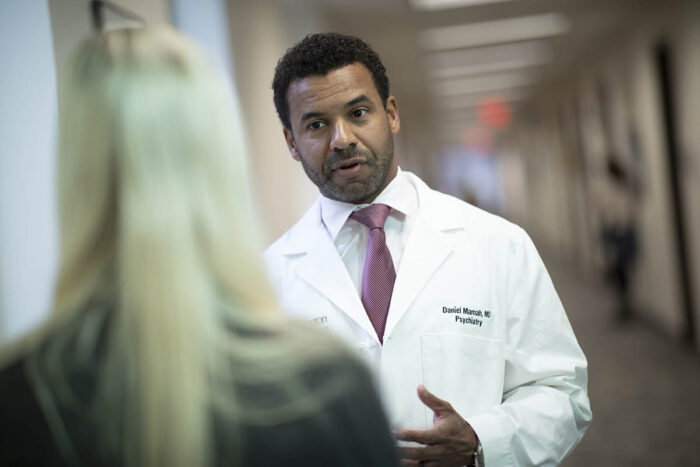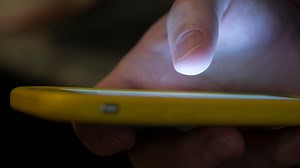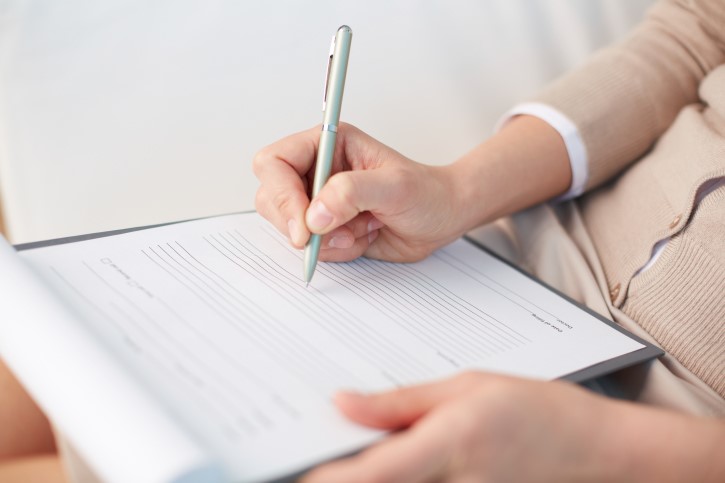News
August 15, 2024
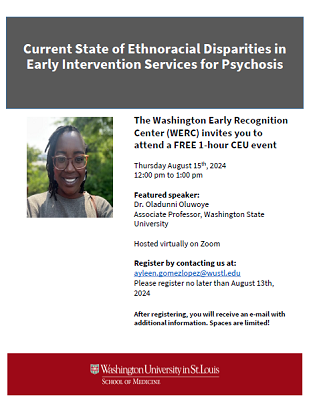

January 25, 2024
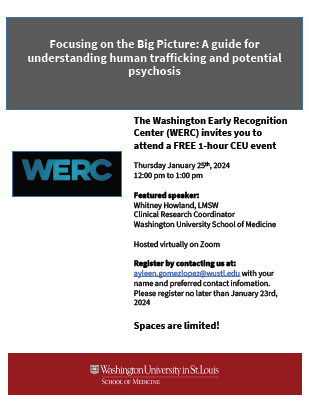
March 13, 2023
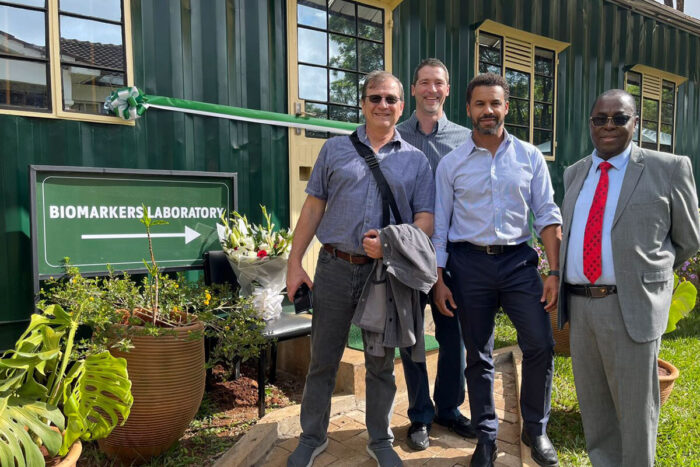
June 22, 2023
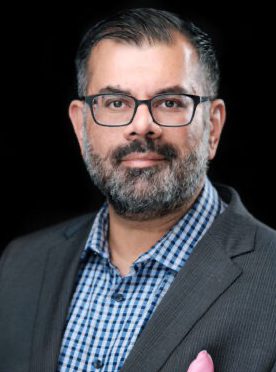
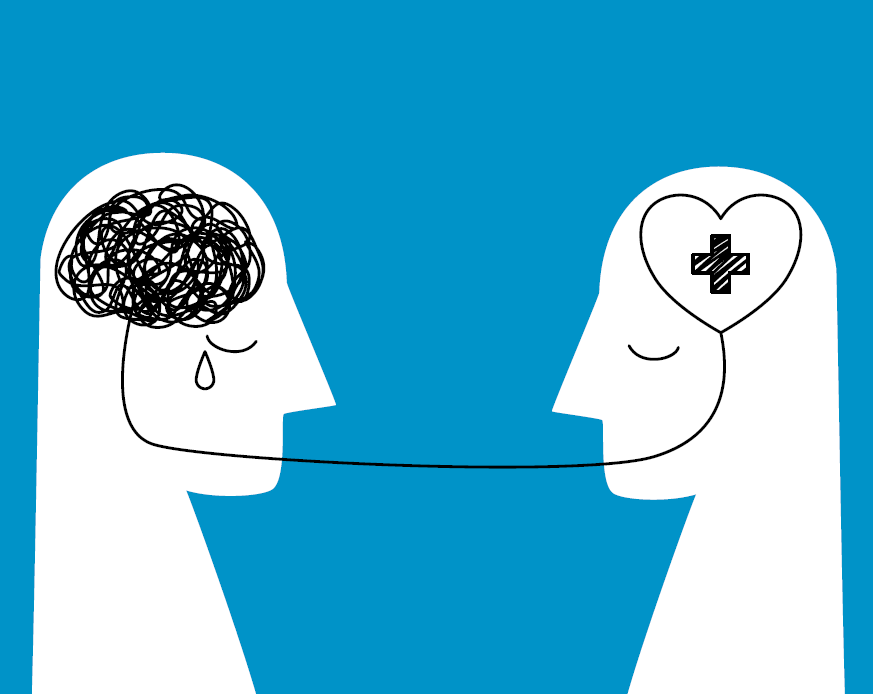
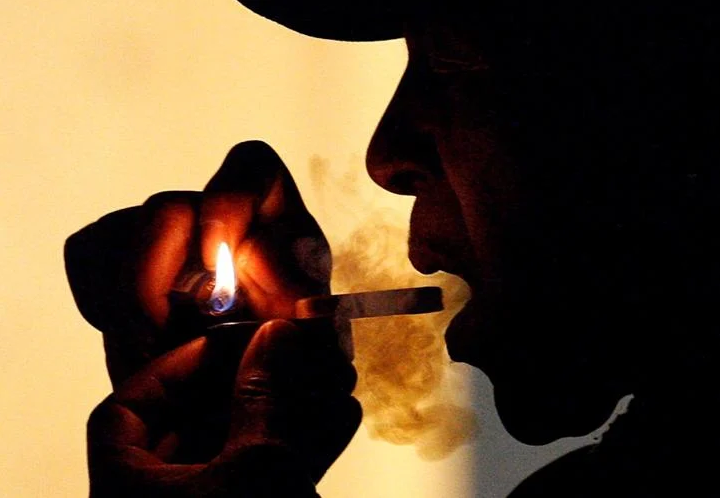

June 2, 2022
Psychosis in Children and Adolescents
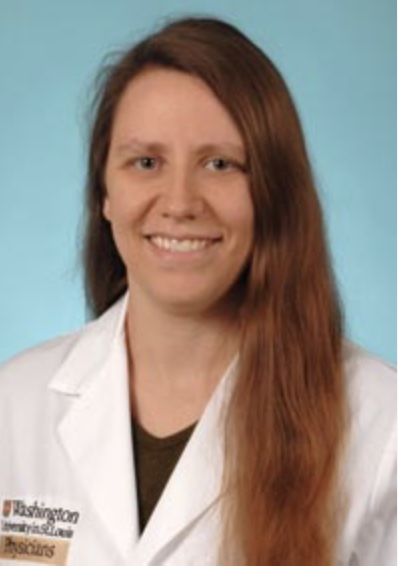
March 1, 2022
16-question tool designed to identify young people at high risk
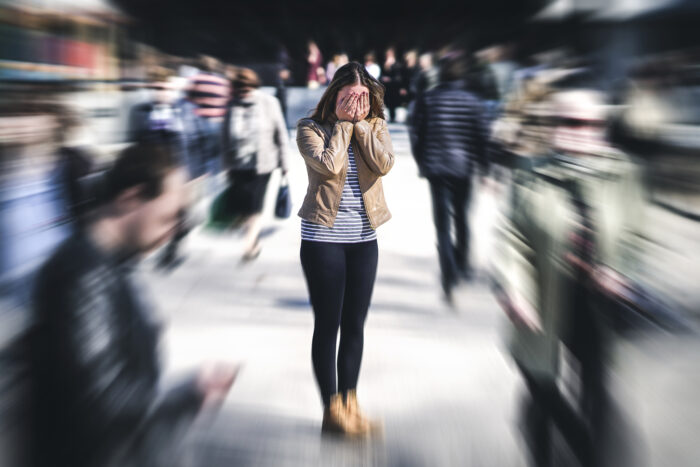
January 24, 2022
Teens, young adults needed for study aimed at improving early diagnosis
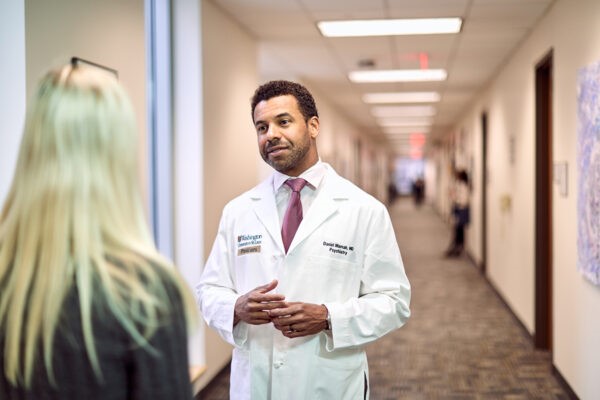
December 9, 2021
"Exploring the connection between trauma and psychosis,"
Sherrie Wallace, LCSW
August 19, 2021 from 12:00-1:00 pm
"Developing a Health Promotion Program within Coordinated Specialty Care Clinics for First Episode Psychosis"
Dr. Leopoldo Cabassa
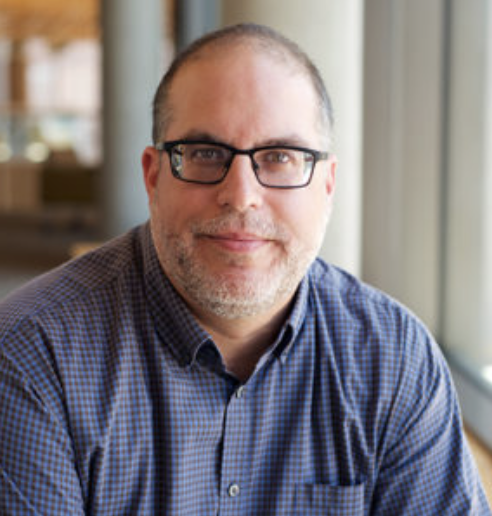

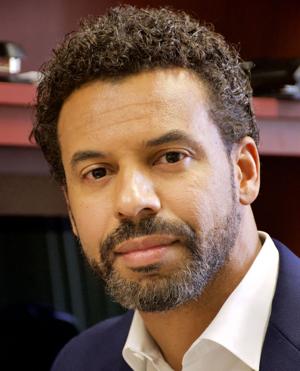
October 08, 2020
Tune in on Thursday, 10/8 at 12 PM to watch a presentation by WERC's social work practicum student, Carli, on the defining symptoms of psychosis, how to recognize them, the importance of early intervention, and what you can do to help yourself or a loved one. Registration is free!
Read full storyJuly 25, 2020
Dr. Mamah spoke on 97.1 Talk Radio about the importance of early intervention and the early signs that someone may experience before developing psychosis.
Read full storyJune 22, 2020
The first signs of mental illness involving psychosis — the experience of having hallucinations, delusions or intrusive, disturbing thoughts — often appear during the teen years.
Read full storyDecember 13, 2019
When the months-long process is completed, U.S. residents will be able to call 988 for help in a mental health emergency.
Read full storyOctober 3, 2016
By using the Washington Early Recognition Center Affectivity and Psychosis (WERCAP) questionnaire, investigators accurately predicted bipolar disorder or schizophrenia in more than 85% of patients.
Read full storyInnovate Psychiatry
Winter 2016
Psychiatrist Daniel Mamah and his colleagues mapped the structural connections in patients' brains and then fed the data into a computer to identify patterns of connectivity.The computer was able to sort most of the 47 patients into one of four groups.
Read full storyNewsroom
February 18, 2015
The Human Connectome Project aims to identify the neural pathways that underlie brain function and behavior. Building on that work, a new study at Washington University School of Medicine in St. Louis is focused on understanding how those pathways differ in people with psychiatric illnesses.
Read full storyThe New York Times
January 06, 2014
ST. LOUIS — Deanna Barch talks fast, as if she doesn’t want to waste any time getting to the task at hand, which is substantial. She is one of the researchers here at Washington University working on the first interactive wiring diagram of the living, working human brain.
Read full storyOutlook, Washington University School of Medicine Magazine
October 2014
Effort to relate brain connectivity to individual capabilities will establish a new baseline for future studies.
WHAT MAKES US THINK AND FEEL AND REMEMBER? Why do people behave differently or have varied learning styles? What makes people unique? The answers can be found in the neural networks firing within our brains.
Read full story

